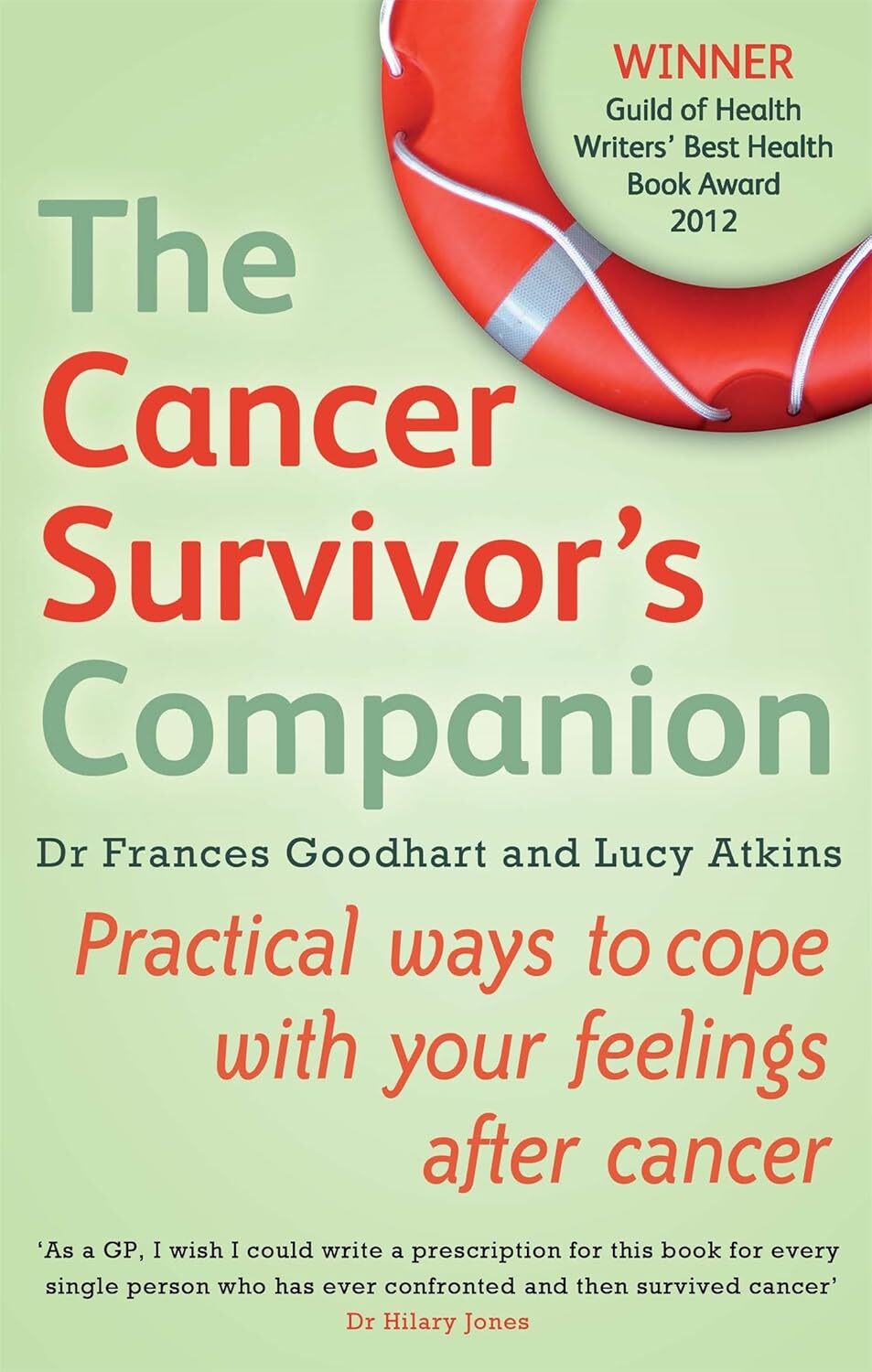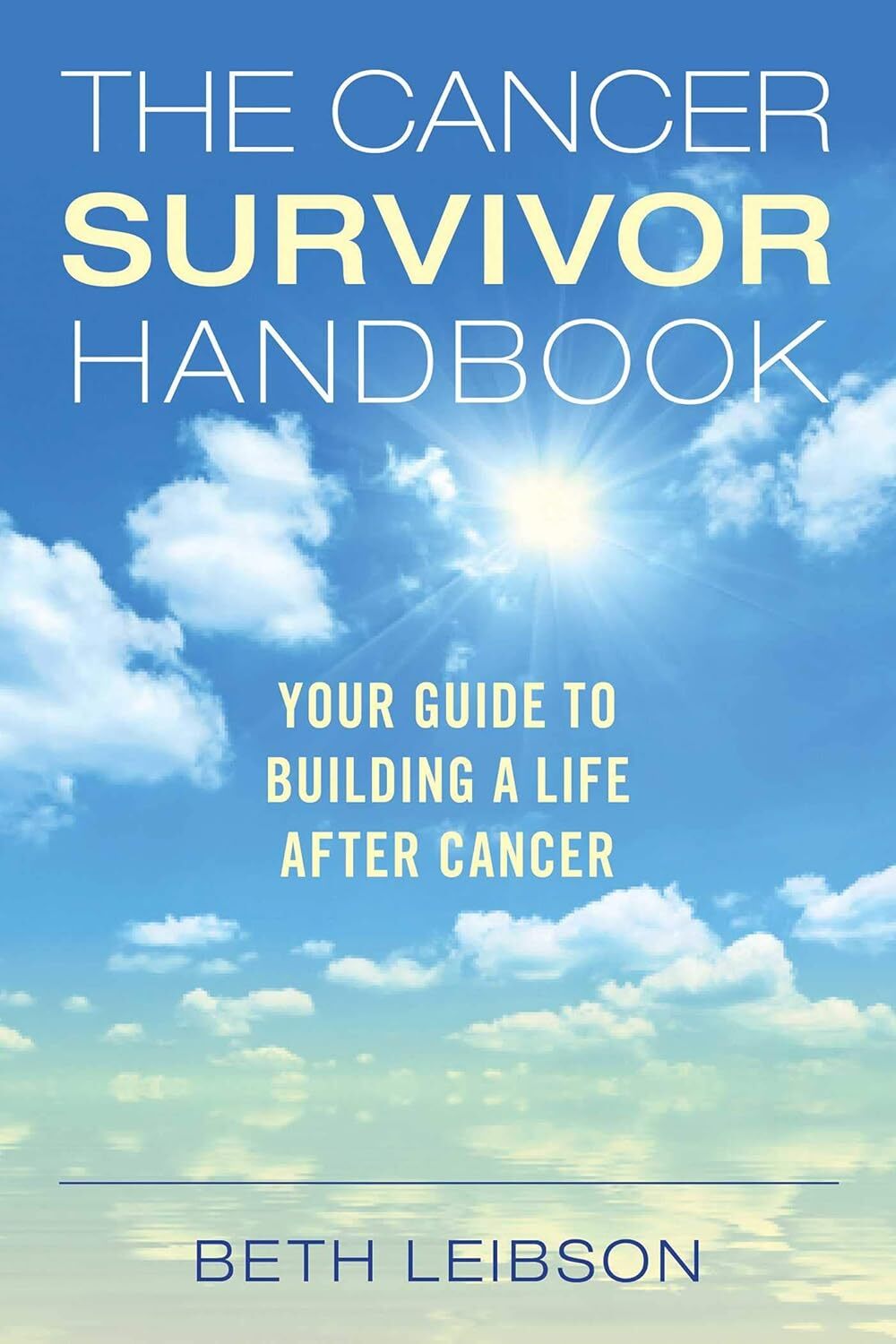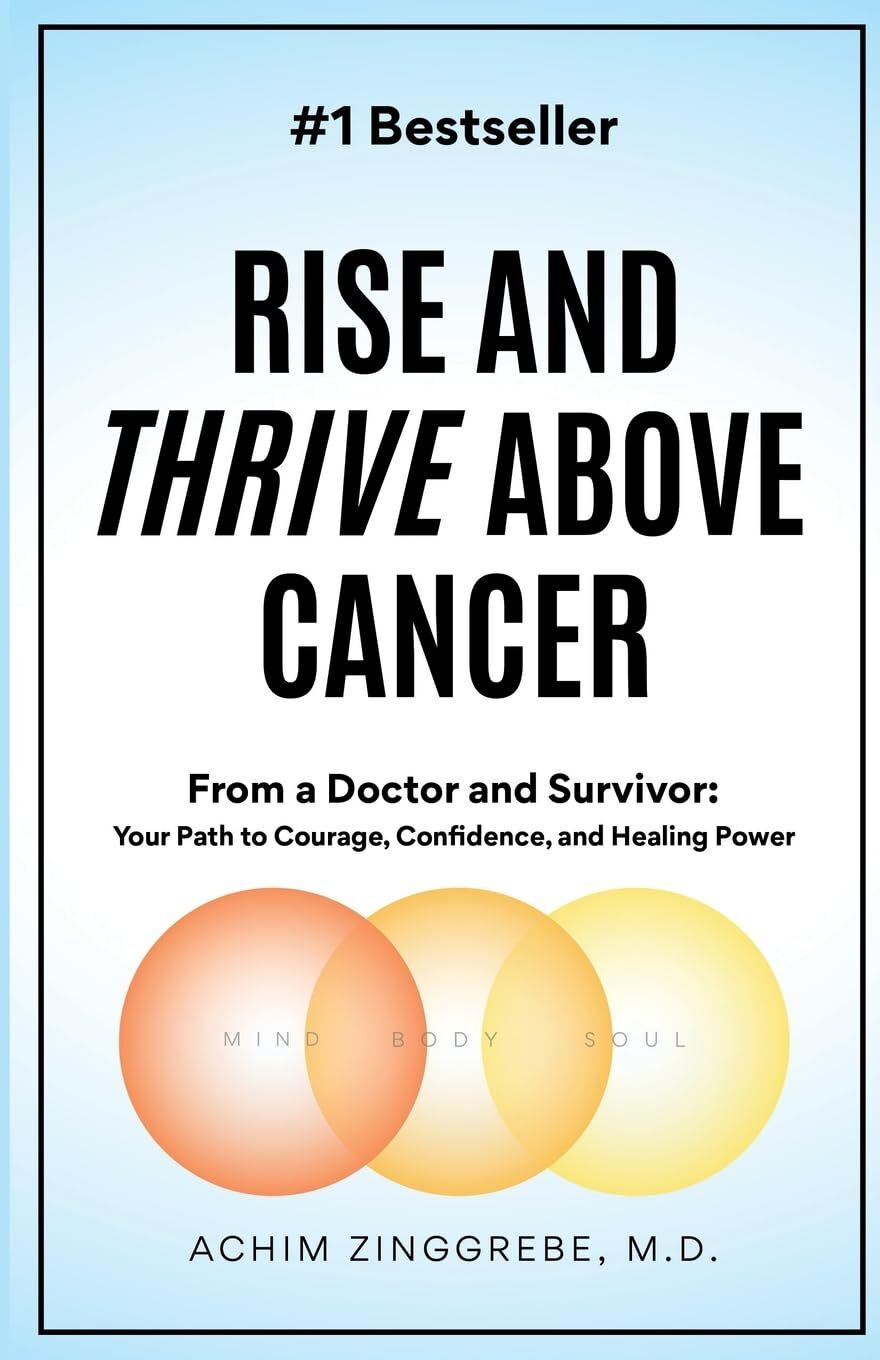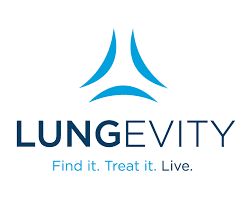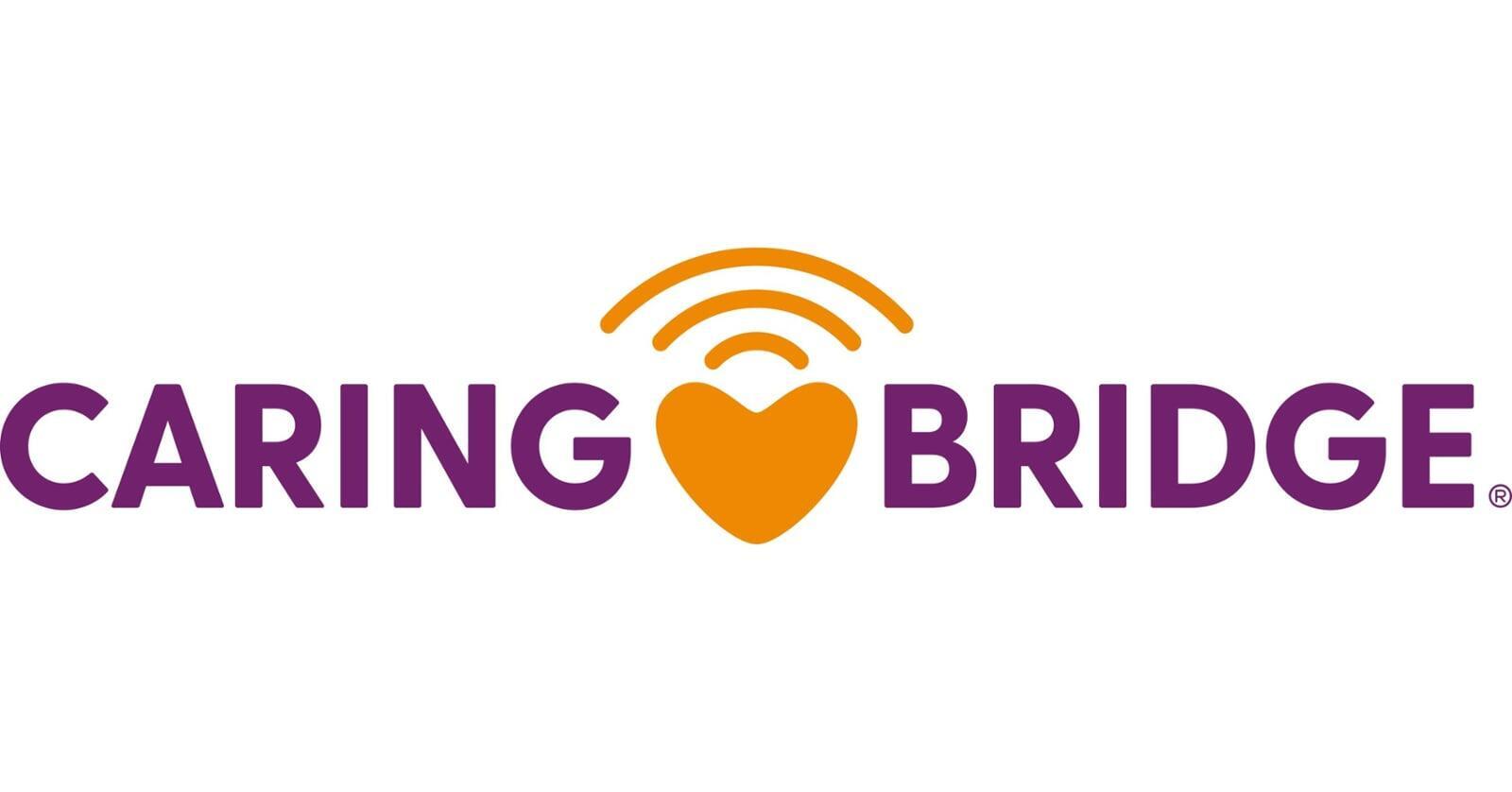Choosing a Tracking App
Empower Your Recovery Journey with Effective Monitoring Tools

Introduction
Choosing a Tracking App empowers cancer survivors to monitor symptoms, medications, appointments, and mood across all recovery stages. These tools simplify health management, enhance self-advocacy, and improve communication with healthcare providers, supporting personalized care from diagnosis to survivorship.
Why It Works
Tracking apps and systems promote adherence to treatment plans, enable early detection of side effects or relapses, and empower survivors to participate actively in their care. By logging data in real-time, users gain insights into patterns—like how fatigue correlates with activity levels—leading to informed discussions with doctors and personalized adjustments. Research indicates these tools improve emotional well-being, medication compliance, and quality of life while reducing healthcare visits for minor issues. For cancer survivors, they bridge gaps in fragmented care, enhancing resilience, and long-term health management through data-driven decisions.
How To Do It
Instructions:
1. Assess Your Needs
Helpful Tips:
- Start simple: Opt for apps with minimal setup if tech feels daunting; involve a caregiver for onboarding.
- Prioritize privacy: Verify encryption and opt out of data sharing; consult your doctor on sharing logs.
- Customize alerts: Set gentle notifications for logging to build habits without stress.
- Combine tools: Pair apps with wearables (e.g., Fitbit) for automated activity data.
- Track holistically: Include emotional notes alongside physical symptoms for a fuller picture.
- Update regularly: Re-evaluate every 3 months as needs evolve in recovery.
- Seek community input: Join survivor forums to learn from others' app experiences.
- Backup data: Export reports periodically to avoid loss.
Recommended Videos
What Are The Best Apps For Cancer Caregiver Support?
Family Cancer Solutions
New Cancer Apps Can Improve Patients' Outcome
CBS New York
What Apps Help Cancer Caregivers Track Medication And Appointments?
Oncology Support Network
Influential Books
Coping with life after cancer can be tough. The idea that the end of successful treatment brings relief and peace just isn't true for countless survivors.
The Cancer Survivor is a companion and guide for those millions of individuals who are finally done with treatments but are still on the journey to wholeness.
This book is an energizing guide that redefines the meaning of health and the unique path each person can take toward it.
* As an Amazon Associate I earn from qualifying purchases.
Helpful Websites
Popular Apps
Scientific Research
- Suorsa, K. I., et al. (2024). Mobile app activity engagement by cancer patients and their caregivers informs remote monitoring. Scientific Reports, 14, 53373. https://www.nature.com/articles/s41598-024-53373-w
- Klasnja, P., et al. (2013). Probing the benefits of real-time tracking during cancer care. Proceedings of the SIGCHI Conference on Human Factors in Computing Systems, 225–234. https://pmc.ncbi.nlm.nih.gov/articles/PMC3540467/
- Falter, S., et al. (2021). Evaluation of Mobile Health Applications to Track Patient-Reported Outcomes for Oncology Patients: A Systematic Review. Clinical Therapeutics, 43(1), 38–49. https://www.sciencedirect.com/science/article/pii/S2452109420302657
- Li, X., et al. (2024). Acceptability, Effectiveness, and Roles of mHealth Applications in Supporting Cancer Pain Self-Management: Integrative Review. JMIR mHealth and uHealth, 12, e53652. https://mhealth.jmir.org/2024/1/e53652/
Related Topics:
Strongly Related
Reduce Stress:
[Links to related web pages]
[Links to related web pages]
[Links to related web pages][Links to related web pages]
Moderately Related
Issue B:
[Links to related web pages]
[Links to related web pages]

